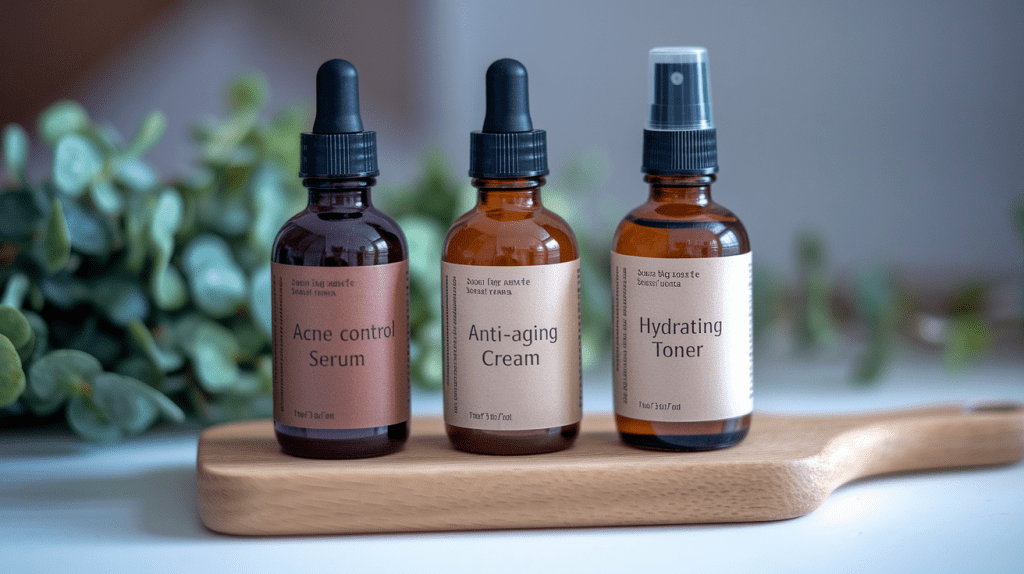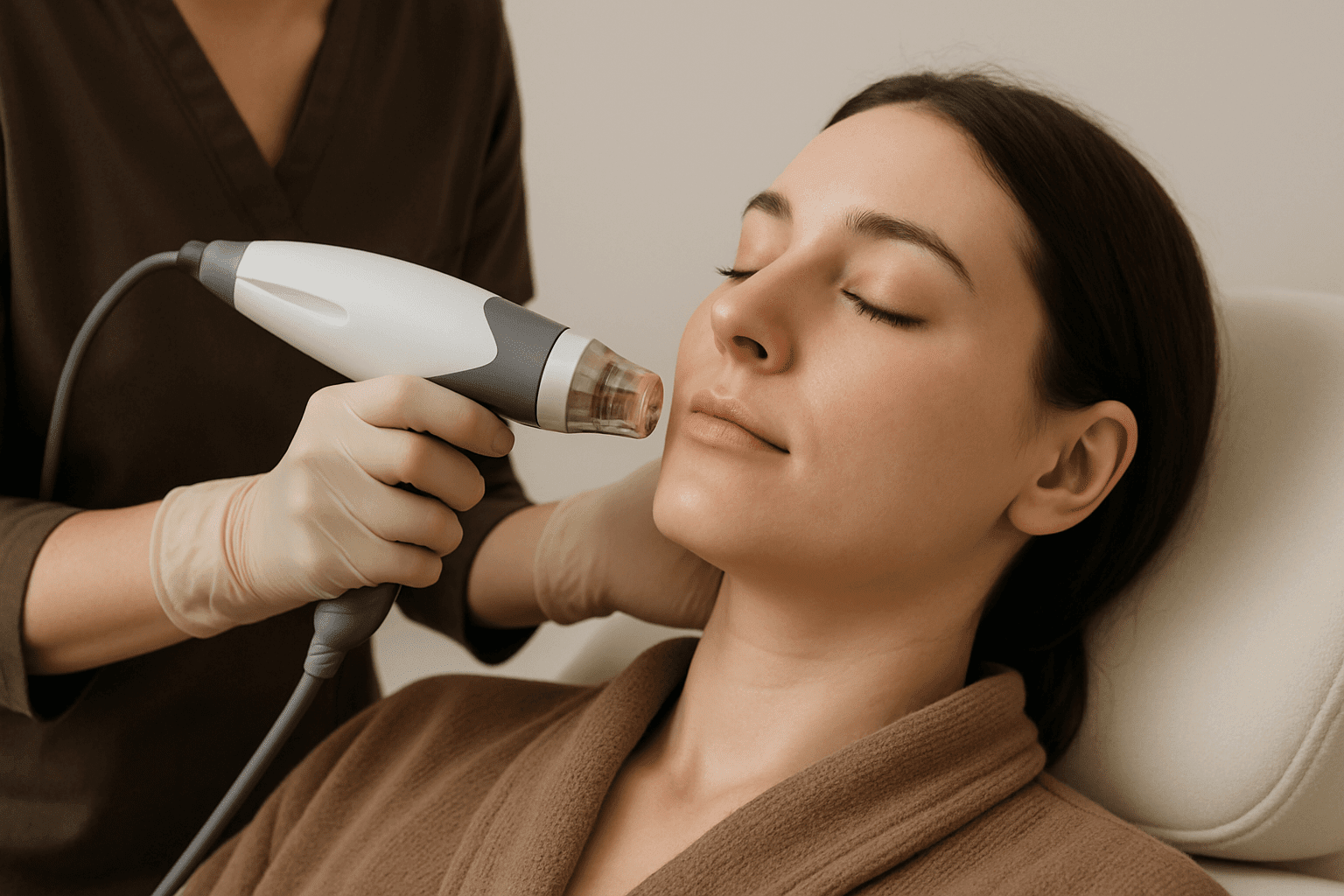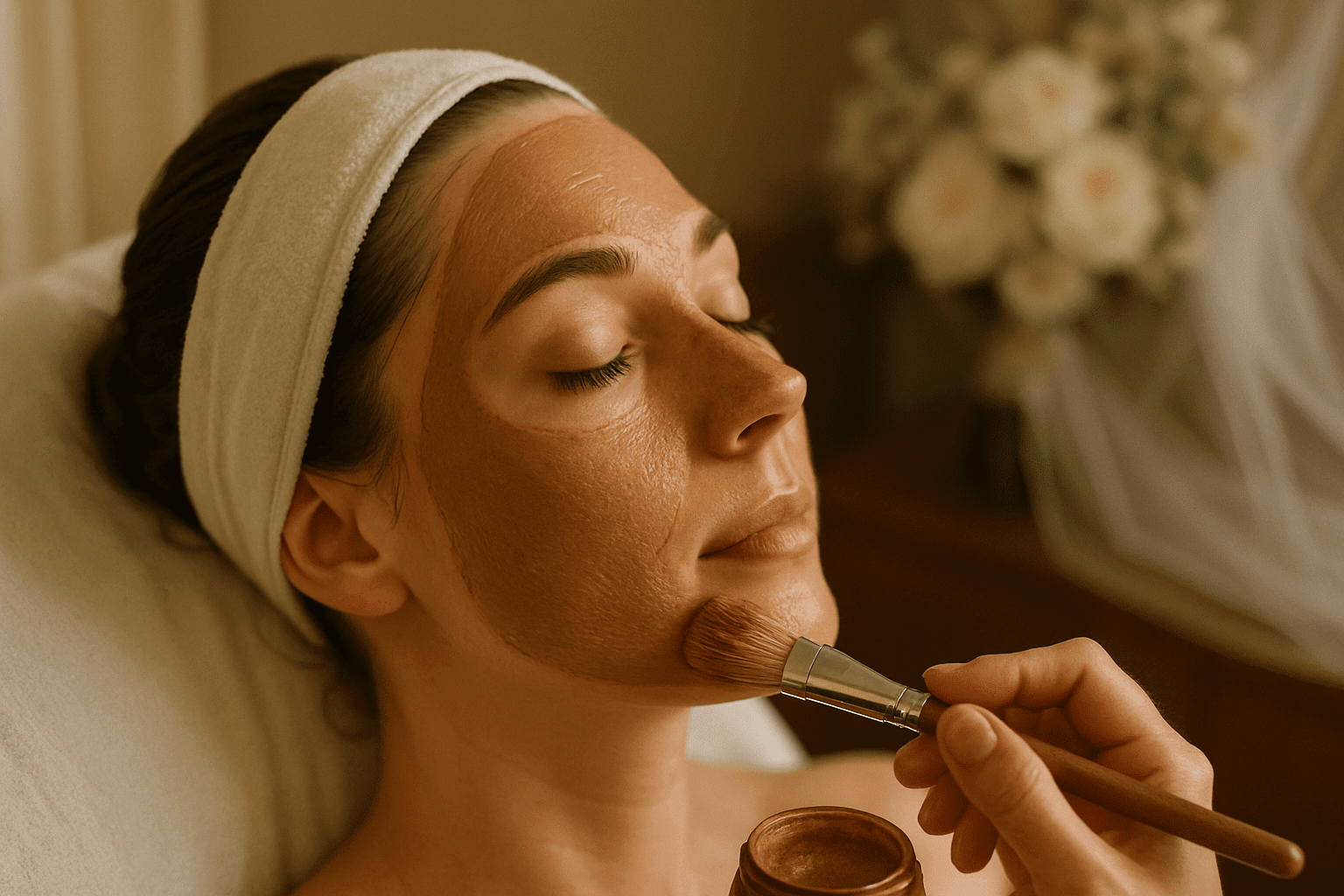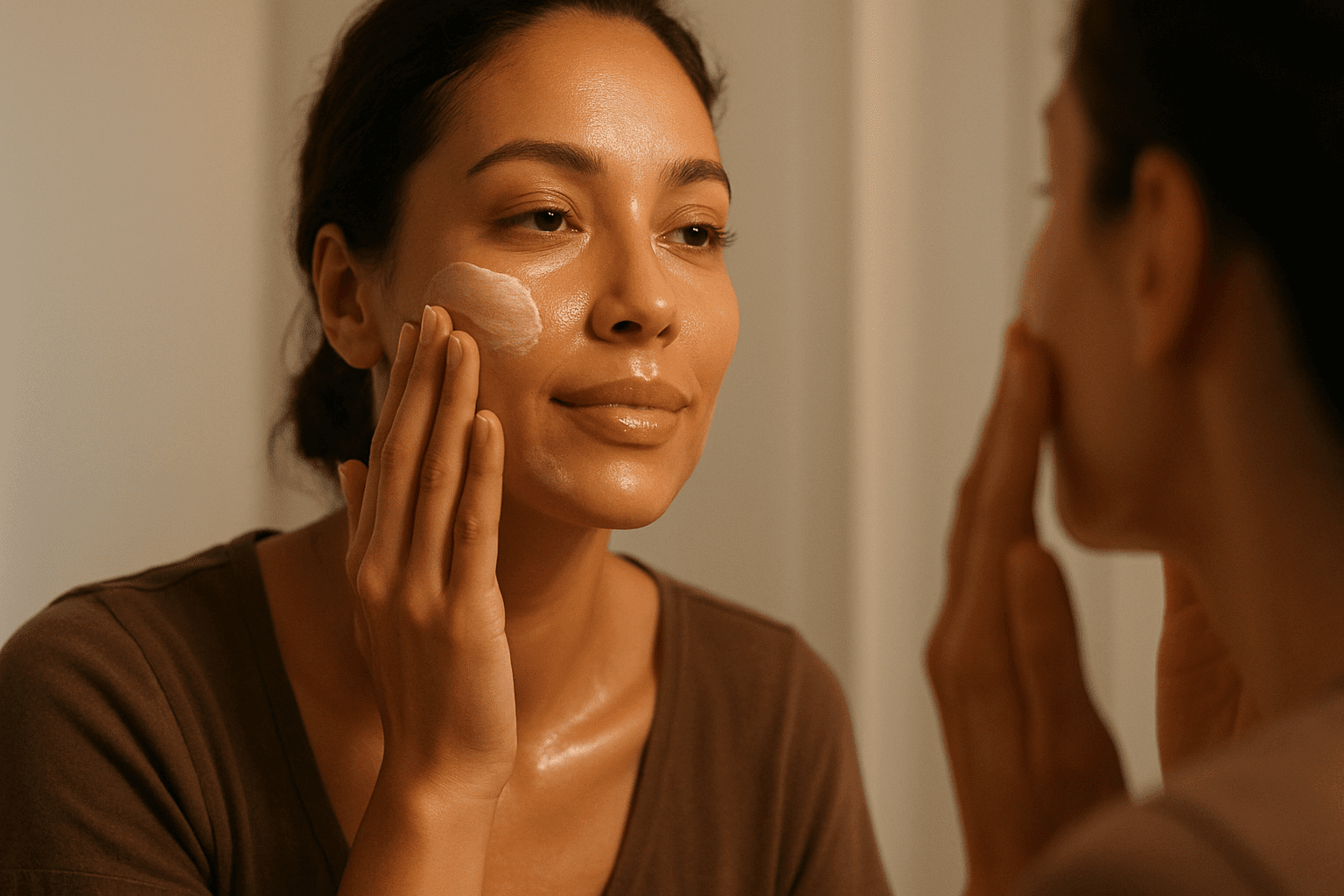You’ve heard about probiotics for your gut, but what about your face? Your skin is home to billions of bacteria, fungi, and even viruses — collectively known as the skin microbiome. Sounds intense, right? But don’t worry, most of these microscopic tenants are the good guys.
At Skin Care Institute, we believe great skin starts from the inside and outside. Understanding your skin’s microbiome could be the missing piece in tackling chronic acne, premature aging, and frustrating sensitivity.
TLDR – Quick Guide
- What is the skin microbiome? A community of microorganisms living on your skin that helps defend, balance, and heal.
- Why it matters: When the microbiome is healthy, your skin is clearer, calmer, and more resilient.
- What throws it off? Over-cleansing, harsh products, antibiotics, stress, and pollution.
- What it affects: Acne flare-ups, signs of aging, redness, rosacea, eczema, and sensitivity.
- How to rebalance: Use microbiome-friendly skincare, limit irritants, and get pro help from Skin Care Institute.
Detailed Breakdown

What is the Skin Microbiome?
The skin microbiome is your body’s first line of defense. It includes bacteria, fungi, and even viruses that work together to:
- Protect against harmful pathogens
- Regulate inflammation
- Support the skin’s barrier function
- Keep pH levels in check
According to a study published in Nature Reviews Microbiology, your skin’s microbiome is essential to immune regulation and maintaining a youthful, healthy appearance.
It’s like your skin’s own ecosystem — mess with it, and the whole system suffers.
How Your Microbiome Affects Acne
Certain strains of bacteria like Cutibacterium acnes (formerly Propionibacterium acnes) are part of your skin’s normal flora. But when your microbiome is off balance — say, after over-washing or antibiotic use — these bacteria can overgrow and cause inflammation.
Add clogged pores into the mix and… hello, breakouts.
Restoring microbiome balance can help reduce acne severity and even prevent future flare-ups. At Skin Care Institute, we offer treatments that support microbial diversity, reduce inflammation, and clean up pore congestion without nuking your skin’s good bacteria.
Aging & the Microbiome: A Surprising Link
As you age, your skin becomes thinner, drier, and more vulnerable. This weakens your microbiome’s diversity — especially the beneficial species that fight off environmental stressors.
When the balance tips, your skin loses its ability to:
- Retain moisture
- Heal quickly
- Bounce back from UV exposure or pollution
Research published in the Journal of Investigative Dermatology shows that maintaining a healthy microbiome can slow the visible signs of aging by enhancing skin barrier repair and increasing hydration retention.
Long story short: a balanced microbiome = firmer, glowier, younger-looking skin.
Sensitivity, Redness, and the Microbiome
If your skin flares up with every new product, your microbiome may be compromised. Barrier damage from over-exfoliation or synthetic fragrances can kill off helpful bacteria, making your skin hypersensitive.
Microbiome-friendly skincare calms inflammation, restores the barrier, and helps train your skin to be less reactive. It’s like giving your face a probiotic smoothie.
How to Protect & Rebalance Your Skin Microbiome
Here’s how to be microbiome-friendly in your routine:
DO:
- Use gentle, pH-balanced cleansers
- Moisturize with ceramide-rich products
- Look for ingredients like prebiotics, probiotics, and postbiotics
- Wear sunscreen — UV rays disrupt microbiota
- Consider in-office treatments that boost barrier health (like HydraFacial or microneedling)
DON’T:
- Use antibacterial soaps or alcohol-heavy toners
- Over-exfoliate with scrubs or acids
- Skip moisturizing (yes, even if you’re oily)
- Layer too many actives at once
At Skin Care Institute, we design custom skincare regimens that keep your microbiome thriving while targeting acne, aging, and sensitivity at the root.
Key Takeaways
- Your skin microbiome is a vital part of your skin health, influencing acne, aging, and sensitivity.
- Disrupting your microbiome with harsh products can lead to flare-ups, inflammation, and premature aging.
- Restoring balance with microbiome-friendly skincare and treatments can result in clearer, calmer, younger-looking skin.
- Professional guidance from Skin Care Institute ensures you’re not just treating symptoms — you’re supporting your skin’s long-term health.
- Sustainable skincare isn’t just about ingredients — it’s about respecting your skin’s natural ecosystem.
FAQs
- Can I use probiotics directly on my face?
Yes, many skincare brands now include probiotics or postbiotics in their formulas. But quality and formulation matter — we recommend consulting with a professional to choose wisely. - How do I know if my skin microbiome is unbalanced?
Signs include frequent breakouts, redness, dryness, or increased sensitivity to products. If your skin feels “off,” your microbiome could be disrupted. - Is my acne caused by bad bacteria?
Not necessarily. Acne is more about imbalance than a single “bad” strain. Supporting your microbiome can often reduce breakouts naturally. - Do antibiotics hurt my microbiome?
Yes — both oral and topical antibiotics can reduce bacterial diversity, which can lead to imbalances and other skin concerns. - Are there in-office treatments that help the microbiome?
Absolutely. Treatments like microneedling, light therapy, and gentle peels can support microbiome health when combined with the right post-care products.



